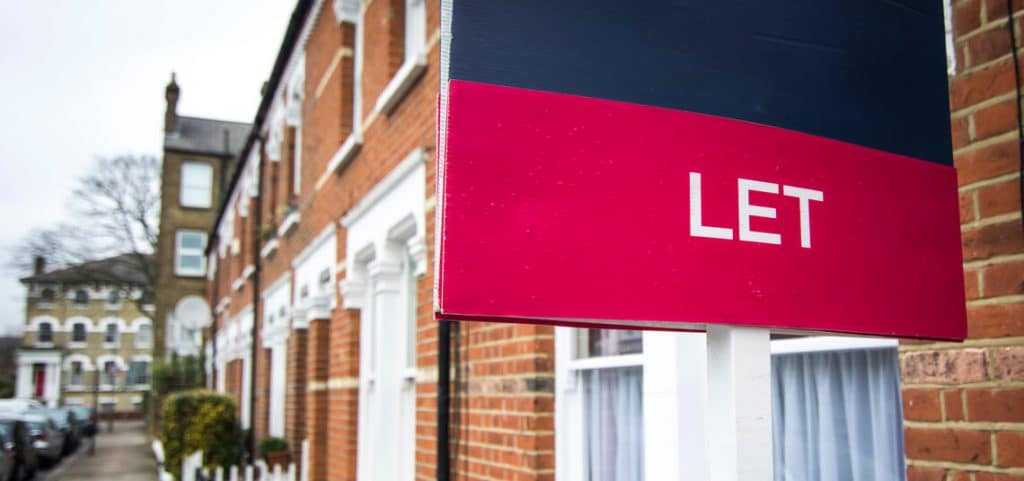A mortgage in principle (MIP) comes in handy for many reasons, from giving you an indication of how much you could borrow to showing sellers and estate agents that you’re serious about buying a home. And this guide, we’re detailing why you need an MIP to get a mortgage and, subsequently, buy a home.
What is a mortgage in principle?
A mortgage in principle (MIP), which is also known as a ‘decision in principle’ (DIP) and an ‘agreement in principle’ (AIP) is a lot more than a few fancy acronyms. It’s an indication of how much you might be able to borrow for a mortgage, based on details like your income, expenses and your address.
The mortgage lender will perform a soft credit check (which doesn’t affect your credit score) and give you an estimation for how much you could borrow based on the results and the other information you’ve provided. It usually takes just a few minutes and can be done online.
While an MIP is important and it gives you a clear indication how much you might be able to borrow, it’s not a guarantee you’ll get that amount. You’ll need to go through the full mortgage application process for that.
Why do you need one?
Put simply, you’ll need an MIP to have a clearer idea about how much you can borrow for a mortgage. This is helpful, no matter how many times you’ve moved house in the past, but it’s particularly important if you’re a first-time buyer as you might not fully understand the process involved.
MIPs are also helpful to show how serious you are about buying a home. Once you get an MIP, you’ll be issued with a certificate stating the maximum amount borrowable. You can then present this to estate agents and sellers to confirm that a lender has looked at your financial situation and determined that it’s likely to get a mortgage offer.
How can you get an MIP?
You can get an MIP online, either directly with the lender or some brokers. Typically you will need to enter a few details, such as your name, email address and current home address, and answer some questions like your age and if you live in the UK. However, each lender and broker has their own requirements.
Most MIPs take just a few minutes and you’ll get an instant decision. An MIP also doesn’t mean you’re obliged to buy a home – it’s purely to give you an indication of what you might be able to borrow. It also won’t affect your credit rating, meaning there’s zero risk or commitment with an MIP.
Is a mortgage in principle compulsory?
There’s no legal requirement to get an MIP before you start looking for a house. If you’re confident about your finances and chances of being accepted, you may decide to skip the MIP part. However, the MIP process is much shorter than the full mortgage application (which you’ll have to do anyway), and there really isn’t anything to lose by getting one.
Getting a mortgage in principal
Getting a mortgage in principle can speed up the house-buying process, as you have a better understanding of how much you may be able to borrow. This, along with the evidence it provides about your buying credentials, makes you a more appealing buyer.
Around 60% of first-time buyers get an MIP, which goes to show just how popular it is with anyone looking for a new home. You’ll know straight away if you meet a lender’s lending criteria, and going through those initial checks early will offer more clarity about whether or not you’ll get accepted.
Final words: getting an MIP
There aren’t any drawbacks to getting an MIP, and it can give you more clarity about whether you’re likely to be accepted for a mortgage while giving estate agents and sellers confidence. Getting one only takes a few minutes, and the agreement usually lasts for about three months, so there’s no rush to find somewhere once you’ve got one. And when you do get an MIP, the fun begins and you can start seriously looking for your new home.



